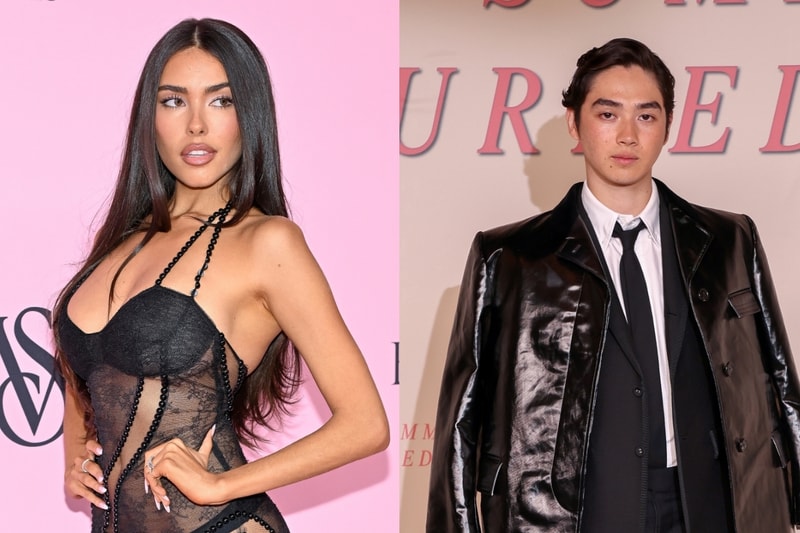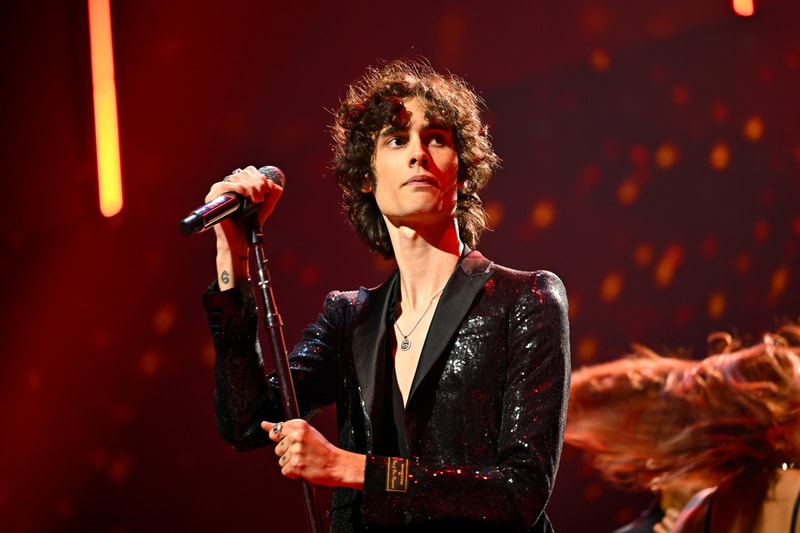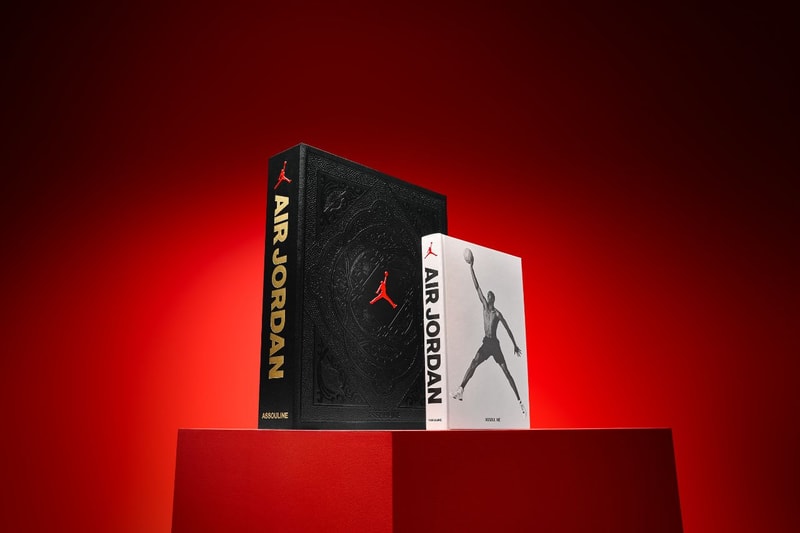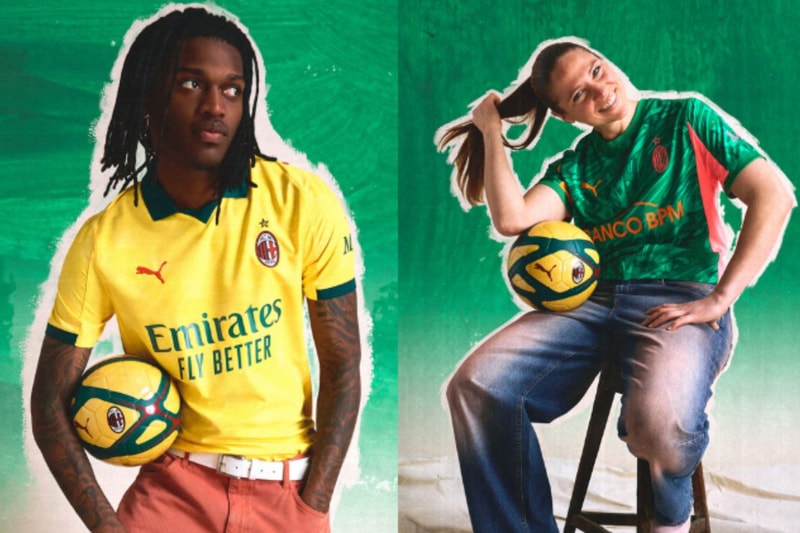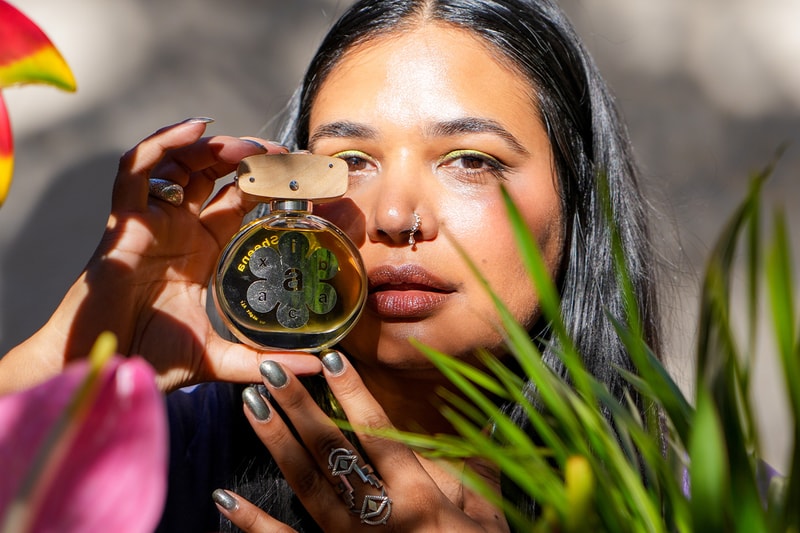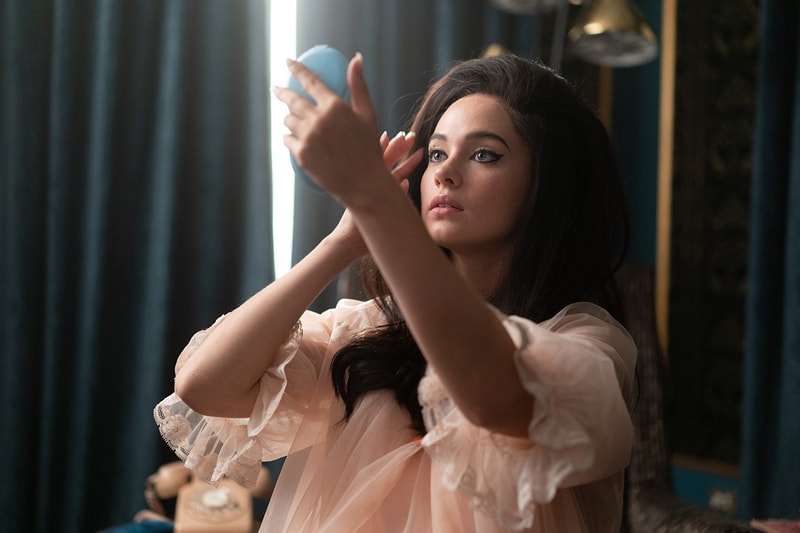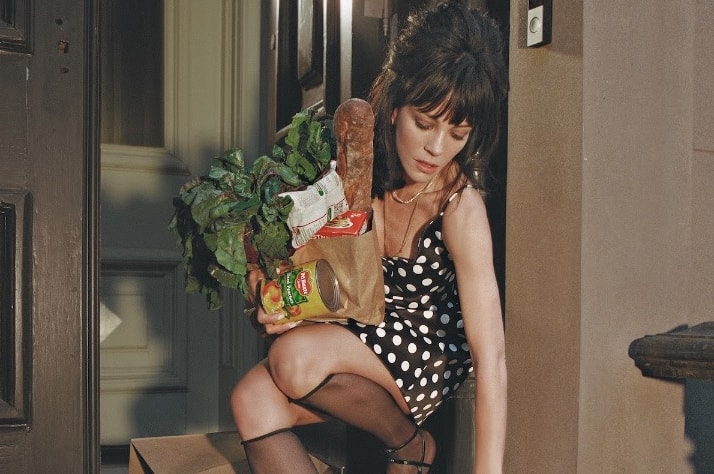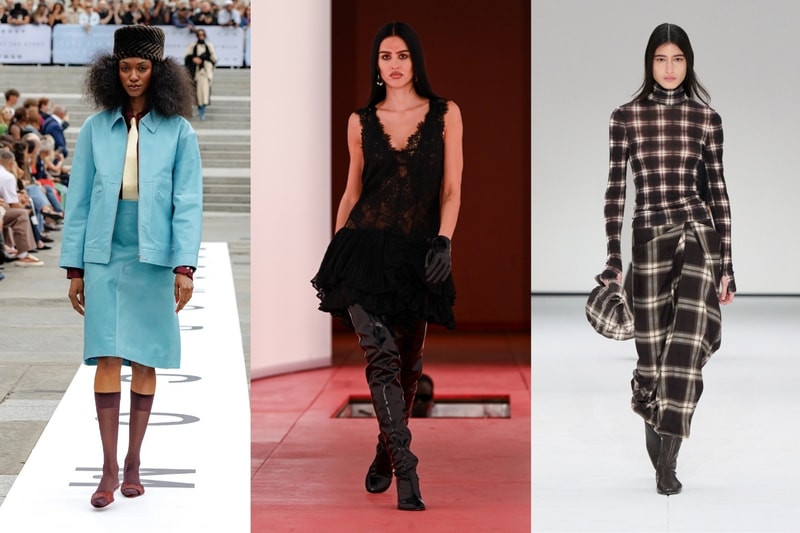'Insecure' Star Natasha Rothwell Is Everyone's Best Friend in Their Heads — And We Don't Like Sharing
info@hypebae.com (HYPEBAE) Thu, 30 Dec 2021 HYPEBAE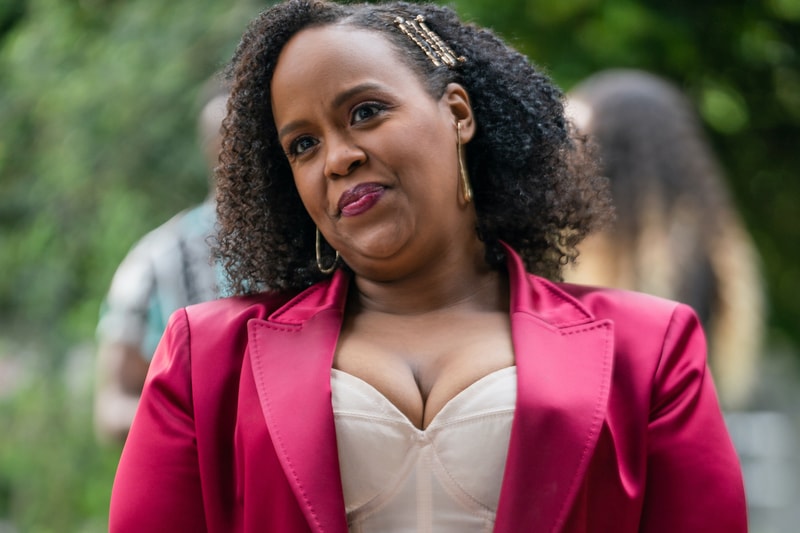
You may recognize Natasha Rothwell's name from her run as a writer on Saturday Night Live, or her face from her stint on the popular roasting game show Wild 'N Out. Now as Kelli Prenny, Rothwell is getting the flowers she deserves thanks to Insecure star and co-creator Issa Rae and showrunner Prentice Penny. Rothwell is a writer, actor and supervising producer on Insecure, making her the only cast member to do so. She has made it clear that her career trajectory as an aspiring film and television director can only go up from here. Say it with us, Kelli fans -- "growth."
Editor’s Note: This article contains spoilers for Insecure.
“We're right into the thick of our final season and I couldn't be more excited for audiences to see what we've been working on,” Rothwell told us right after the airing of Insecure Season 5’s third episode. As the series went on, Rothwell noted that Kelli’s maturity includes introspection and evolving in her own journey outside of the famous fictional friend group. “She is a character who, comparatively with her friends, seems to have it all figured out. I think for those of us that have gotten to a place where we know what to do at work, we work and we play hard, and I think we evolve into being more introspective.”
Rothwell continued, “I think that's what we see from her when she hilariously finds out that at her reunion, she's presumed dead. There's nothing like a little brush with death, even if it is hypothetical, that makes us become more contemplative.” As she alludes to the season opener when the ladies arrive at their 10-year reunion, Rothwell continued to explain how the fifth season’s premiere ultimately set the tone for Kelli’s growth, as the Insecure crew and the show's fans reluctantly say their final goodbyes.
HYPEBAE spoke to Rothwell about the evolution of her character Kelli since audiences first met her in Season 1, how the show accurately depicts friendships and love in the real world, what Kelli’s fake death taught her about putting carpe diem into practice, as well as the cultural impact of Insecure.
This interview was conducted prior to the finale of Insecure. Rewatch Season 5 now on HBO Max.

What is the significance of the moment when Kelli finds out that she's presumed dead? What type of introspective moment does she have, and how do you empathize with her?
I think we had an opportunity with this final season to cash the check we wrote in Season 1, when I improvised that Kelli had a podcast. In the podcast, we see her ask those big questions and I think that's such a fun, creative way to speak to the themes of the season, and her quest to understand her purpose in life. As far as resonating, I think it was kind of unsettling to see my college picture in black and white, “In Memoriam,” in the prop Facebook. But I do think that in contemplating your why and your purpose, as an actor playing a character, it's definitely something that triggers your own real-life contemplation of what you're doing and why you're doing it.
During the process of shooting the season was coincidentally the same time I formed my production company, Big Hattie Productions. For me, thinking about the big picture is thinking about legacy and how I can positively affect the industry. It definitely was a perfect synchronicity with what was going on on the page and what was happening in real life.
"I love that audiences want more of Kelli, but I think of her as salt. You don’t want to over-salt your food -- with more of her, it wouldn’t be the same show."
A lot of people, including myself, have been craving more and more Kelli and would love to see a bigger storyline from her. Without spoiling too much, how will we continue to watch her grow in her role in the friendship group as well as individually?
As far as her role in the friendship group, it's growing, it's fully mature. What audiences are seeing is basically what Issa (Rae), Molly (Yvonne Orji) and Tiffany (Amanda Seales) have seen, but just not in the episodic exploration of the story. We get to see another side of her -- we see why her friends are friends with her, and when they memorialize her at the diner, she's more to them than just levity. Audiences seeing her over the course of the season are going to definitely see other facets, but the formula is the same. All of these tertiary characters on the show serve a single purpose, and that's to support the love story that we've been tracking for five seasons, which is Issa and Molly.
All of our storylines serve that purpose and I say this from both sides, both as an actress and someone in the writer's room. I love that audiences want more of Kelli, but I think of her as salt. You don't want to over-salt your food -- with more of her, it wouldn't be the same show. The fantastical world of her life that I've created in my head is rich and full. It helps me ground her in the moments that we do see her, but I don't want to give the audiences false hope, that suddenly there'll be a huge pivot where Kelli is starring in all the remaining episodes. I think they'll be delighted by her journey and where we leave her at the end of the series.

How have you grown with Kelli throughout the course of the series, and what are some things that you can learn from her about her vibrancy, tenacity and daily celebration of life?
For me, Kelli has always been this unicorn of a creature that seems to have been born into the world without any self-doubt, without questioning her enough-ness. She is just chock-full of confidence, agency, intellect and wit. And there's a fearlessness about her. It's been such a joy to play her, because I think all of those qualities are entirely aspirational at different levels. It's always a treat to leave the set and be encouraged to walk through the world with even a fraction of her fearlessness. It's exciting to see characters like her exist in the diaspora so that we can see ourselves self-possessed, confident, sex-positive, funny and endearing. She's able to move through the world with confidence and ease. It's just as much fun to play her as it is for me to watch her, because it is inspiring to see ourselves represented in that way.
"I want to be able to continue diversifying the ways in which we're perceived, and the only way we do that is with more representation and visibility. My goal is to continue to write, direct and star in projects that do that."
How would you say that Insecure has made a cultural impact on Black culture and television?
Oh man, it's hard to say what that impact is, because I think it's an ongoing ripple effect. I think it's changed so many lives and not just the viewers. ... [Issa] has opened doors for so many creators in front of and behind the camera. The consequence of those amazing opportunities, we'll continue to see the ripple effect of those going forward. Personally, just being able to be in a writer's room that reflects the world that we live in, as far as who's populating it, and being on sets that speak to the diversity of our talents as people, all of that has been wholly inspirational and definitely set the tone for how I want to run Big Hattie Productions and how I look at projects that I take. I want to be able to continue diversifying the ways in which we're perceived, and the only way we do that is with more representation and visibility. My goal is to continue to write, direct and star in projects that do that.

How has being on Insecure challenged you as an actor and comedian?
The challenging aspect of playing Kelli is never onscreen, it's in the real world’s perception -- because I think people often are surprised to meet me in real life. I'm so different from her. Obviously pre-COVID, in the first five seconds when a fan would approach me, they would come in and be like, "Oh yeah, let's do shots. Let's go." I'm very introverted, very much suffer from social anxiety and I'm kind of a book nerd. And so I think they're just like, "Oh, sh-t. Kelli's an acting choice. You're not her.” And I'm like, "Yeah, I'm so sorry to disappoint."
That was challenging to navigate at first. Over the course of the series, folks have gotten to know me from my online presence and can sort of differentiate between the two. As a writer and as a performer, the comedy serves the drama. I think levity and gravity necessitate each other. If anything, it has been an exercise of balance and making sure that her function is not to eclipse the heart of the story that we're trying to tell.
"To show plus-size women rocking designer wear, I think we need to see more of that [on television]. I was more than happy to be a guinea pig for that expression on the show."
When it comes to fashion and style, how would you say that Shiona Turini, the show's costume designer, has done a stellar job of capturing Kelli and the rest of the cast as characters through their clothes?
I mean, Shiona's just a genius -- to be able to celebrate each of the characters, their emotional life, their energy and just the disparate body types that she has to dress while celebrating each one. It's just been such a joy to work with her. One of the conversations that we've always had about Kelli is we want her body positivity to really shine through, and not have timidity be a part of her fashion sense. I love that about what Shiona's done for Kelli and the other characters.
One of the things I loved about watching Sex and the City when I was growing up was that the fashion was aspirational. To see aspirational Black fashion is just so dope -- to be able to celebrate amazing Black designers and amazing designers of color, and the variety that they bring to their work and subsequently to our show. It’s so cool to see Molly, a Black woman with buying power, wearing some dope clothes. Issa's [fashion] sense on the show, too -- she gets to play around with what it does look like to mix and match, high and low, to get an overall look that just looks right off the runway. The pieces are so deliberate and thoughtful in that way.
The fashion of the show has been exciting for viewers at home to watch, but it's definitely exciting for me to show up and see a short little blue dress that's Gucci on my line. I'm like, "Oh, sh-t. Kelli gets to wear some Gucci," which is incredible. To show plus-size women rocking designer wear, I think we need to see more of that. I was more than happy to be a guinea pig for that expression on the show.

As the show comes to a close, what are some of your favorite memories on set to look back on, and what will you miss the most?
The same answer for both -- the people. I mean, my favorite memories are the crew, the cast and the directors. Being able to work alongside some of the most amazing comedic minds in the industry, to be directed by incredible auteurs and it's a family. I moved to Los Angeles for the show six years ago and I don't have any family in Los Angeles. The writer's room became de facto family, and by extension the cast each season and the crew. It's just been a really incredible journey. This last season, particularly, will stand out just out of fondness for how important it was to all of us and shooting it under some incredible circumstances. We were up and running before vaccinations were rolled out and it was precarious at best, but we supported each other and loved each other through it. It's definitely going to be hard to say goodbye. I'm in denial, so I'm going to stay there because it's comfortable for me. It's hard to say just one thing that rises above it all, because I think it's all pretty special.
"For me, comedy is medicinal and has always been, and I think that's true in Black culture. That's true in a lot of oppressed cultures -- to be able to find joy and humor in dark times is baked into our DNA."
How have you seen comedy being used as a healing tool, not just throughout the pandemic, but in Black culture?
For me, comedy is medicinal and has always been, and I think that's true in Black culture. That's true in a lot of oppressed cultures -- to be able to find joy and humor in dark times is baked into our DNA. They say comedy is tragedy plus time, and our goals as comedians are to find the joy and the humor in hindsight. One of my favorite quotes is from George Saunders, which is “comedy is truth told quickly.” As comedians, we were meant to be these truth heat-seeking missiles, identifying the truth and doing our best to relay that to audiences in ways that they can connect to.
I don't take that sort of obligation lightly. I do love being able to see moments of tragedy, see moments of collective community grief and see how I can lift spirits and elevate people's perspective by speaking to that truth quickly and talking about it. I did that before Insecure, on Twitter or Instagram -- it's just finding ways to keep raising the collective consciousness and my way to do that has always been through comedy and performance. I love it. I feel like it's my superpower, and I love doing it. It's so cathartic. It's such a release to laugh -- to laugh up together, community laughter. It is medicine for sure.
When did you first fall in love with comedy and how have you seen the spectrum of Black comedians and comedy evolve throughout the years?
I've always loved comedy. My earliest memories are me trying to make my family laugh. My dad was, technologically speaking, an early adapter. He always had the giant '80s camcorder on his shoulder. A few years ago, my sister digitized a lot of those VHS tapes and there's a video of me when I was very young -- moments I didn't even remember, of just me running around, trying to make my siblings and extended family laugh. I have always found it a way to connect to people, and to change someone's mood or the environment for the better.
From such a young age, I became addicted to making other people smile and having an effect on someone, without even having to touch them. I could use my words -- and that's why I've included writing in my journey and my career path, because it reminded me how powerful words can be. They can make people smile, laugh, change their opinions and think about things more critically. It's been a lifelong love affair. As far as the journey of comedy, in its simplest form, I think that I'm excited about where it's headed. More and more of the comedians that I see, and the work that I see done by them, is reflecting the world we live in. I think that's important -- being able to grow and change with the times and recognize if something doesn't age well, or as you learn and grow as a person, so should your comedy. I love seeing that trajectory. And there's so many amazing new voices of young folks coming up that really push the envelope and inspire me, to be frank. It's exciting.
D’Shonda Brown is a freelance culture journalist, public speaker and mental health advocate based in Brooklyn, New York with a passion for mental health, social justice and uplifting the Black community through her writing. As a mental health advocate and suicide attempt survivor, in 2019, D’Shonda became Mental Health First Aid Certified for adults and children, and graduated from the Advocacy Ambassador Program by National Alliance on Mental Illness. D’Shonda is a proud Spelman College graduate and has interviewed notable names from Angela Rye and Soledad O’Brien to Chloe x Halle and Justine Skye.
You can connect with D’Shonda on her Instagram and website.
